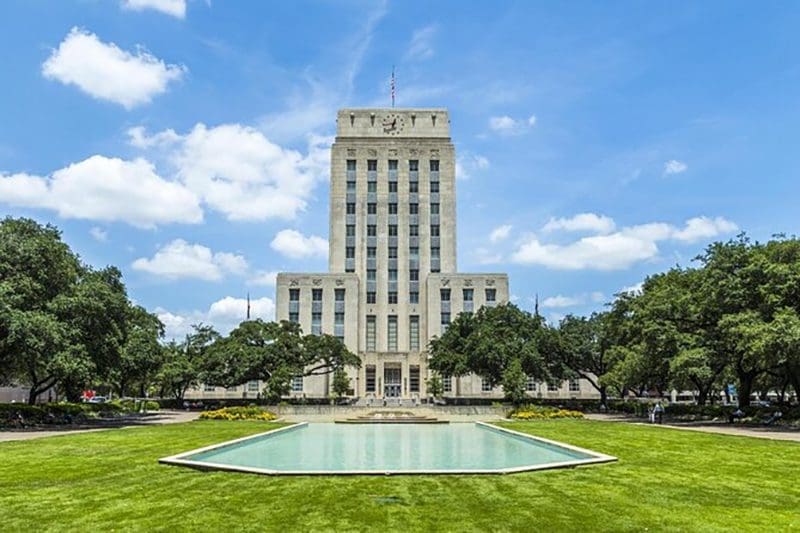A large North Texas suburb is proposing a property tax increase for the second straight year, in part, to spend millions on a failing golf course and an unpopular museum.
Despite municipal officials across Texas who justify property tax increases for “needs” such as public safety and other “essential” services, there are countless examples of rampant and unnecessary government waste.
The City of Irving is a stereotypical example of fiscal imprudence, although at first glance, it may not seem obvious.
Their overall property tax rate is down slightly over the past six years. But that’s primarily because they’ve refinanced their debt at lower interest rates, which allowed them to reduce the portion of their tax rate that repays debt. Due to massive appraisal growth, Irving taxpayers are still paying higher tax bills than ever before.
While their tax rate for debt has fallen 18% over six years, the council has voted to raise their tax rate for budget operations by 6%. In other words, they’ve masked property tax increases for their operating budget as their debt tax fell. Critics correctly refer to this behavior as big-government opportunism.
When you adjust for rising property values, instead of just looking at tax rates, and exclude growth in the tax base (ie new properties added to the tax rolls), the adverse impact on Irving taxpayers who foot the bill becomes clearer.
After adjusting for appraisal increases, the city raised their overall tax burden for budget operations by 3.3% in 2011. The next year, it remained flat. In 2013, its budget tax rose again, but only 1.4%. In 2014, it rose 3.7%, and in 2015, a massive 7.7% increase.
It raises the question: after excluding additional revenue from growth, why could the city survive without a budget tax increase in past years, but require a 7.7% increase in another? Because local government officials don’t base spending decisions on essential “needs,” but rather on what money they are able to raise while keeping the total tax rate flat.
They often keep the total tax rate the same year over year, so they can falsely claim they haven’t raised taxes. But that simply isn’t true. In fact, the legislature enacted “Truth in Taxation” laws to make this gimmick easier for Texans to see.
If cities experience rising property values, and keep their tax rates the same, they will effectively increase property taxes every year. That’s precisely why the state requires local governments to publish their “effective” tax rates, so Texans can see how much tax burdens on the existing tax base change each year.
Officials who budget off the total tax rate are misleading taxpayers in the process. Not only is the total rate unadjusted for changes in property values, it’s not a reflection of what governments collect in revenue for budget operations.
That’s because the total tax rate is really two separate rates—one for the operating budget, and one to repay debt. Repaying debt does not pay police salaries, and it doesn’t provide utility services.
Back to Irving. So are their budget-related tax hikes for “needs” such as police or fireman? Not at all.
They’ve budgeted $5 million this year – and $3 million next year – to fix their failing golf course. It’s in a great location—in a floodplain next to a landfill. Another $2.6 million will be spent on the Heritage Museum, an unpopular project that Irving’s own school district said they won’t use. Never mind the fact that Irving pays over $60 million a year in sales tax revenue to DART, which is the fifth least-efficient transit system in the nation, out of 1,800.
While both Mayor Beth Van Duyne and Councilman Brad LaMorgese have long criticized these types of wasteful projects, a majority of the council keeps raising taxes to fund them.




